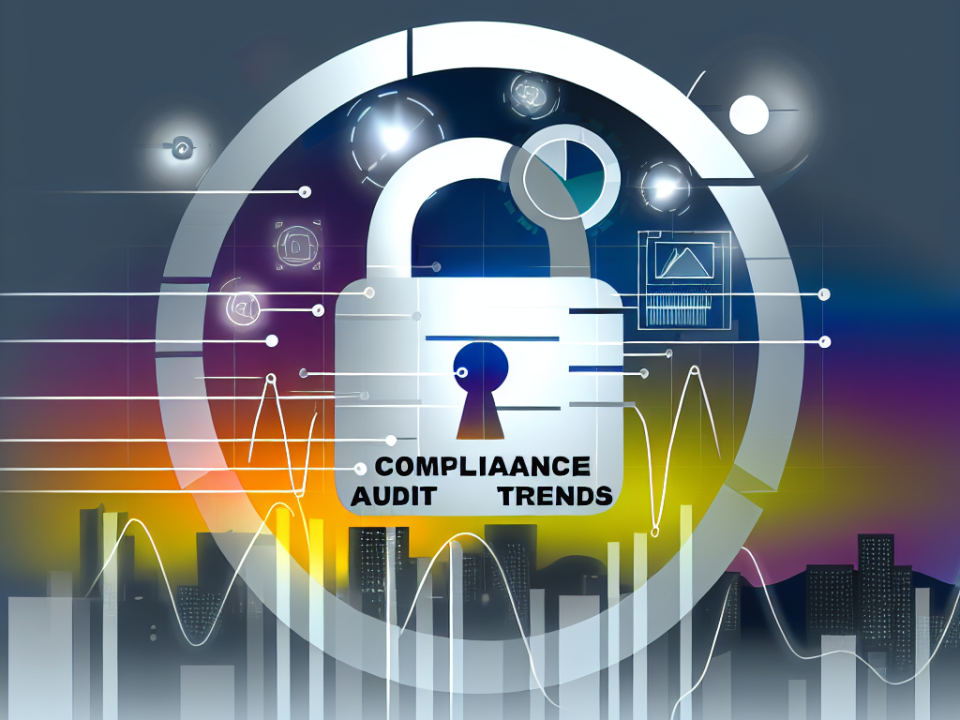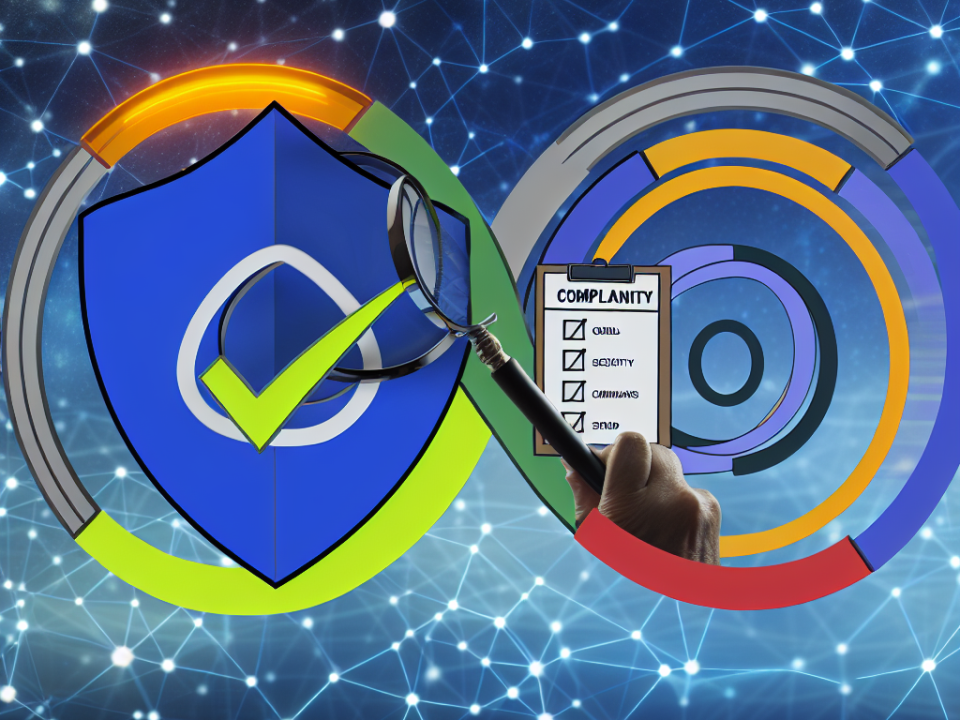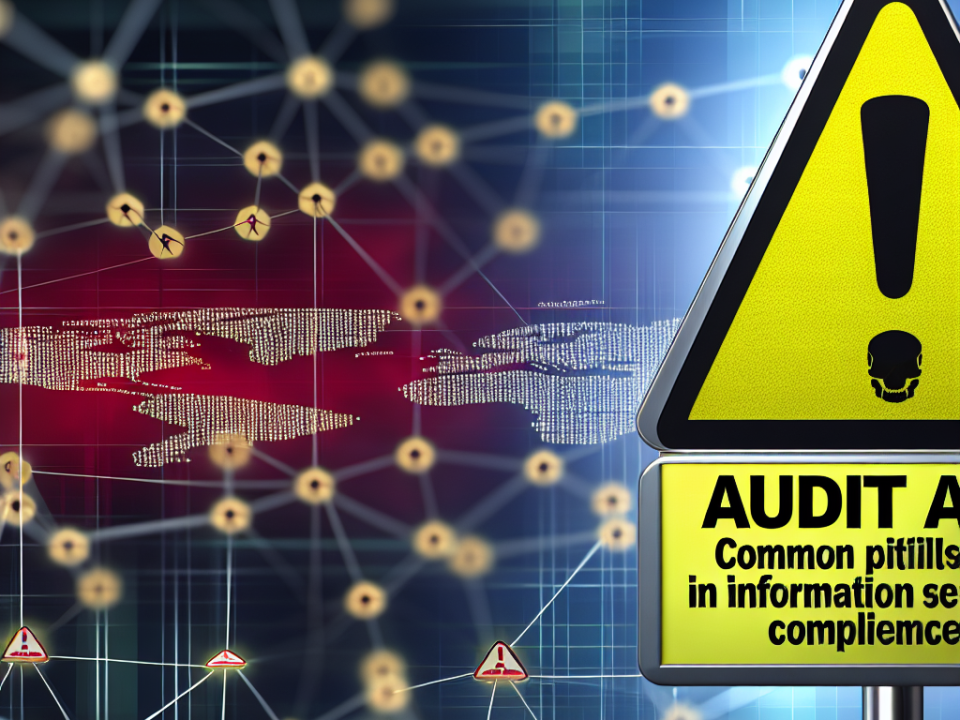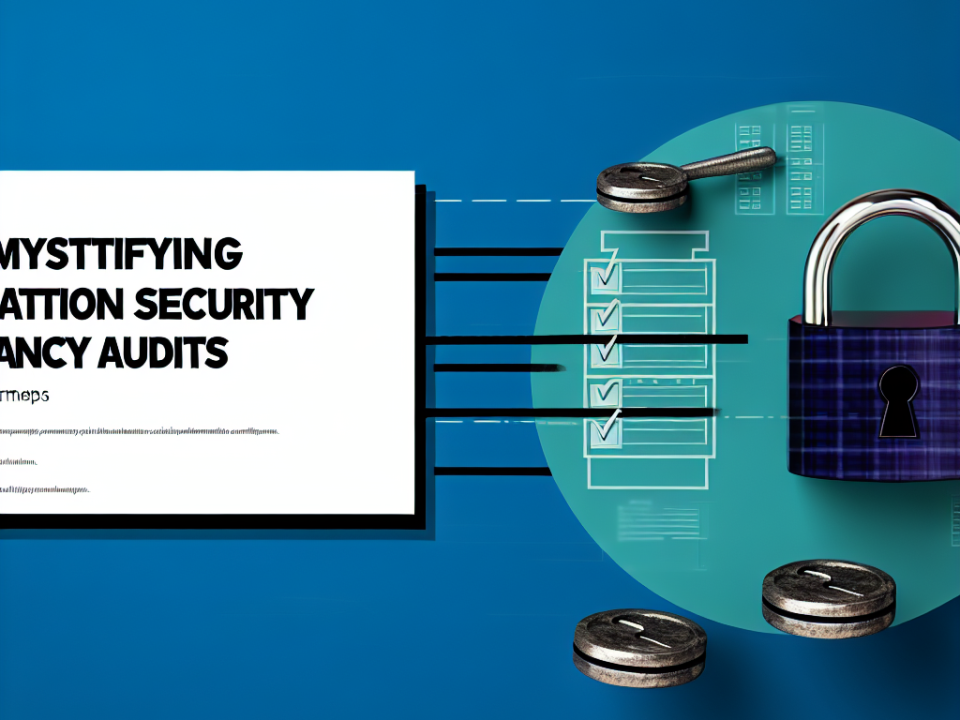
The Double-Edged Sword: AI’s Role in Both Cybersecurity and Cybercrime
October 3, 2025
Proactive Defense: How AI is Changing the Cybersecurity Game
October 4, 2025
In an age where digital transformation has become ubiquitous across industries, the importance of robust security measures cannot be overstated. With the rise in cyber threats, data breaches, and malicious attacks, creating a secure environment has transitioned from a mere afterthought to a pressing imperative. Adopting industry-standard security protocols is essential not only for protecting sensitive data but also for maintaining trust and ensuring long-term sustainability in any business.
Understanding Industry Standard Security Protocols
Industry-standard security protocols are established frameworks that provide guidelines for maintaining information security. These protocols, developed by various organizations and regulatory bodies, offer best practices and recommendations for securing systems, applications, and networks. Some of the most recognized standards include:
- ISO/IEC 27001: A comprehensive framework for information security management, helping organizations protect their information assets.
- NIST Cybersecurity Framework: A voluntary framework designed to help organizations manage and reduce cybersecurity risk.
- PCI-DSS (Payment Card Industry Data Security Standard): Required by credit card companies, this standard outlines security measures for organizations that handle card payments.
- GDPR (General Data Protection Regulation): A regulation in EU law on data protection and privacy that mandates strict handling and storage of personal data.
The Importance of Adopting Security Protocols
1. Risk Mitigation
One of the primary benefits of implementing industry-standard security protocols is the considerable reduction of risk. These protocols help organizations identify vulnerabilities in their systems, allowing them to proactively address potential threats before they escalate. By adopting a systematic approach to risk management, businesses can withstand adverse events and mitigate potential losses.
2. Regulatory Compliance
Many industries are subject to strict regulatory requirements concerning data protection and privacy. Non-compliance can lead to significant legal penalties, loss of business, and reputational harm. By following industry-standard security protocols, organizations can ensure compliance with relevant laws and regulations, thereby avoiding fines and maintaining a positive public image.
3. Building Customer Trust
In an era where consumers are increasingly wary of sharing personal information online, organizations that prioritize security can position themselves as trustworthy entities. Demonstrating a commitment to utilizing robust security measures can build customer confidence, encourage loyalty, and enhance brand reputation. In turn, this can lead to increased customer retention and business growth.
4. Enhanced Operational Efficiency
Implementing standardized security protocols can streamline operations by providing clear guidelines and procedures. Instead of developing bespoke security measures from scratch, organizations can leverage established frameworks that have been tested and validated. This results in faster implementation, improved resource allocation, and enhanced effectiveness in addressing security concerns.
5. Staying Ahead of Cyber Threats
Cybercriminals are becoming increasingly sophisticated, employing advanced techniques to exploit vulnerabilities in systems. Continuous adaptation to emerging threats is crucial. An organization that adheres to industry standards can benefit from ongoing updates and insights emerging from the broader industry community. This knowledge-sharing helps organizations stay one step ahead of potential cyber threats.
6. Facilitating Incident Response
In the event of a security breach, organizations with established protocols are better prepared to respond effectively. Industry-standard protocols often include specific incident response plans, ensuring that teams know how to react swiftly and efficiently. This preparedness limits the damage caused by a breach and helps to restore normalcy more quickly.
Conclusion
In today’s interconnected, digital landscape, the need for comprehensive security measures has never been greater. Adopting industry-standard security protocols offers organizations a structured approach to safeguarding sensitive information and managing risks. In doing so, businesses not only protect their assets but also foster trust with their customers, comply with regulations, and position themselves for future growth.
As cyber threats continue to evolve, the call for more stringent, standardized security practices will intensify. Organizations that prioritize security now will be better equipped to face the challenges of tomorrow, ensuring a secure and sustainable future for their operations and stakeholders alike.







